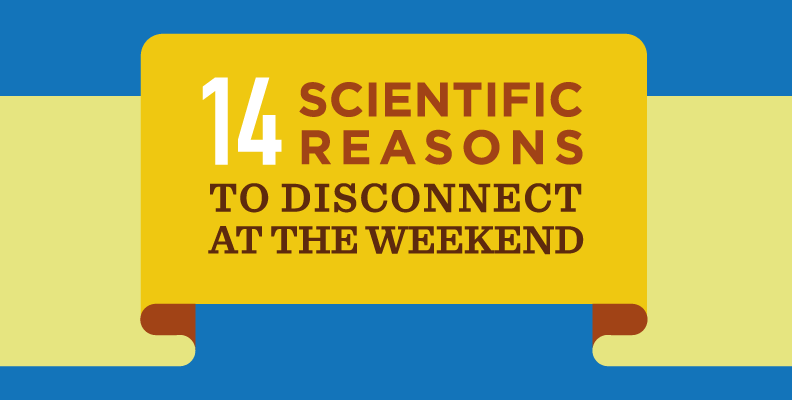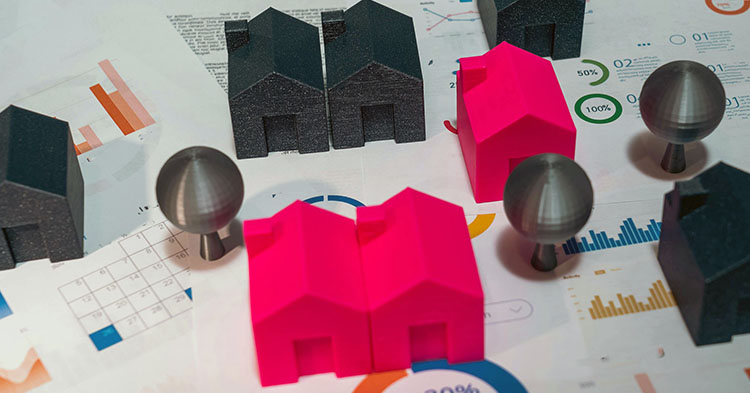What did you do over the weekend? Chances are you put a few extra hours in at work, whether in the office or on the sofa with your smart phone. Americans have a bad habit of working too much: 61% even take their work on vacation with them, which is pretty extreme when you consider that the average American only takes half of their earned vacation time in the first place.
If you feel pressured to work on your day off to impress your boss, to earn a few extra bucks, or because you genuinely want to excel at what you do, the irony is that you might actually end up doing more harm than good. A report from Business Roundtable showed that construction workers turning in 60-hour weeks over a two-month period were ultimately no more productive than had they worked 40-hour weeks in the first place. A Whitehall study suggested that working long hours can double the odds of a major depressive episode — not much use for your boss, your family, or anyone.
Indeed, it’s estimated that the absenteeism and reduced productivity that are connected to stress cost U.S. businesses $300 billion per year, something you may want to think about going into work in for a couple of hours on Saturday morning. Instead, consider making the most of your weekend. If you pencil in physical activities and quality time with the family, you’re far less likely to get drawn back to the computer screen to catch up with little tasks that can probably wait until Monday. Switch your notifications off and turn your attention to the little details — a home-cooked meal, a walk in the fresh air —your productivity, health and relationships all have a far better chance to prosper.
For more on the science behind getting a weekend off, and how to do it properly, be sure to check out this new infographic. Your new schedule starts this weekend.
Sources
Okada, . et al. (2000). Leisure-time physical activity at weekends and the risk of Type 2 diabetes mellitus in Japanese men: the Osaka Health Survey. wiley.com
Glassdoor (2016). GLASSDOOR SURVEY REVEALS AVERAGE AMERICAN EMPLOYEE ONLY TAKES HALF OF EARNED VACATION/PAID TIME OFF; 61 PERCENT REPORT WORKING WHILE ON VACATION. glassdoor.com
American Psychological Association (2016). Don’t let workplace stress ruin your Labor Day holiday. apa.org
UC Health Service (2012). ASAP & WorkLife Balance. ucdavis.edu
Immordino-Yang, M. et al. (2012). Rest Is Not Idleness Implications of the Brain’s Default Mode for Human Development and Education. sagepub.com
Jabr, F. (2013). Why Your Brain Needs More Downtime. scientificamerican.com
De Bloom, J. (2012). How do vacations affect workers’ health and well-being? academia.edu
Perlow, L. at al. (2009). Making Time Off Predictable—and Required. hbr.org
Schwartz, T. (2013). Relax! You’ll Be More Productive. nytimes.com
Leung, A. K. et al. (2008). Multicultural experience enhances creativity: the when and how. nih.gov
Business Roundtable (1980). SCHEDULED OVERTIME EFFECT ON CONSTRUCTION PROJECTS. trb.org
Kivimaki, M. et al. (2015). Long working hours and risk of coronary heart disease and stroke: a systematic review and meta-analysis of published and unpublished data for 603 838 individuals. thelancet.com
Seguin, R. et al. (2014). Sedentary Behavior and Mortality in Older Women. ajpmonline
Virtanen, M. et al. (2012). Overtime Work as a Predictor of Major Depressive Episode: A 5-Year Follow-Up of the Whitehall II Study. plos.org
Virtanen, M. et al. (2015). Long working hours and alcohol use: systematic review and meta-analysis of published studies and unpublished individual participant data. bmj.com
Corkindale, G. (2011). Detach Yourself from Your Work. hbr.org
American Academy of Sleep Medicine (2014). Many U.S. workers are sacrificing sleep for work hours, long commutes. aasmnet.org
Sokejima, S. et al. (1998). Working hours as a risk factor for acute myocardial infarction in Japan: case-control study. nih.gov
Kunz-Ebrecht, SR. et al. (2004). Differences in cortisol awakening response on work days and weekends in women and men from the Whitehall II cohort. nih.gov
BBC (2004). Computer use link to eye disease. bbc.co.uk
Neff, L. (2009). Stress and Reactivity to Daily Relationship Experiences: How Stress Hinders Adaptive Processes in Marriage. researchgate.net
Shuster, Y. (2016). 13 Ways to Beat Stress in 15 Minutes or Less. health.com
Luscombe, B. (2014). Why You’re More Stressed by Home Than Work. time.com
BPS (2012). Turn off your smart phone to beat stress. bps.org.uk
Embed This Image On Your Site (copy code below):







